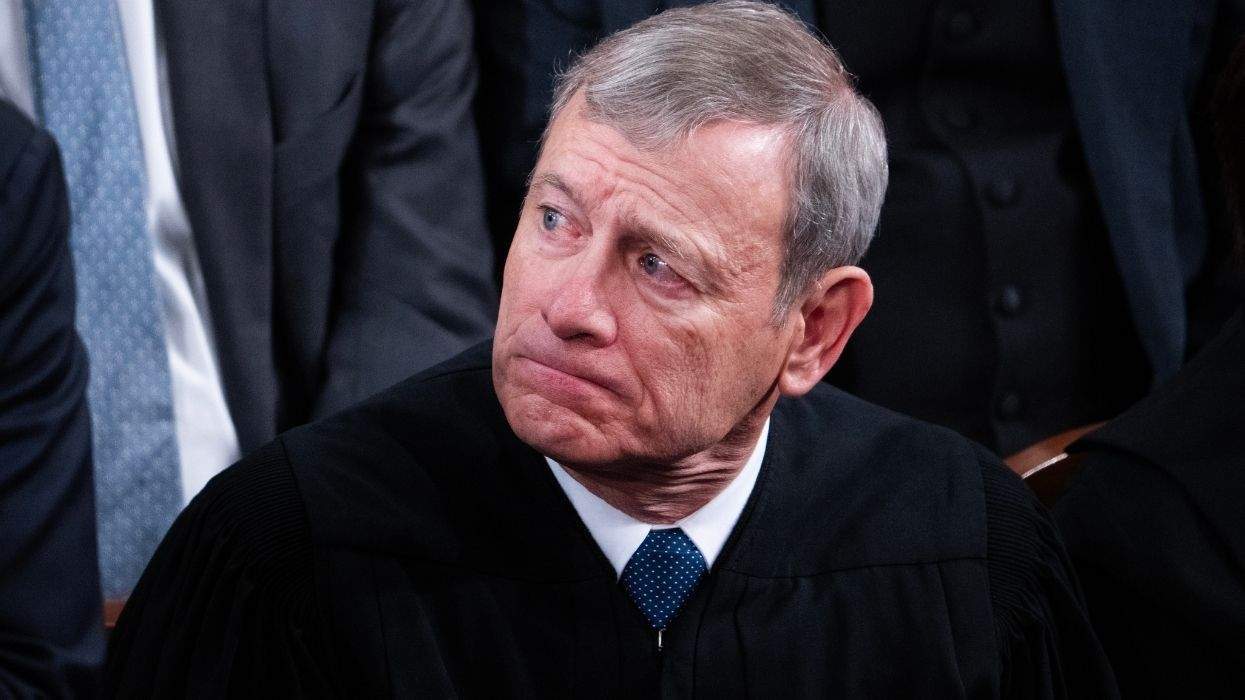Former New Jersey governor James McGreevey says it was an affair with another man that wrecked his marriage and ended his political career. But the former aide implicated in the affair, Golan Cipel, an Israeli, denies the stories recounted in McGreevey's new tell-all book, saying there was never consensual sex and that there were several occasions where he felt sexually harassed, according to newspaper reports. "I didn't have sex with him ever," Cipel, 37, told The Philadelphia Inquirer. "In his book he talks about love, but I never heard anything from McGreevey that was affectionate. The only thing I experienced from him was sexual harassment." Speaking by phone from Israel where he works, Cipel told the paper that he needed to counter what he described as lies in McGreevey's book, The Confession, which is due in bookstores on Tuesday. Cipel repeatedly has denied that he is gay. McGreevey stood by his account of the relationship as described in the book. "The book is rigorously, if not painfully, honest," McGreevey told the Associated Press on Sunday. "It was necessary in my recovery to be totally honest--to embrace my mistakes, my failures, and the pain I caused--and to take responsibility for my actions. The book is an effort, however imperfect, to describe the dangers of living a divided, inauthentic life." A copy of the book, obtained Thursday by the Associated Press, has McGreevey recounting how he first bedded Cipel in December 2001 while his wife was in the hospital after delivering their daughter. McGreevey describes kissing Cipel as the first kiss in his life that meant something and calls their lovemaking "a boastful, passionate, whispering, masculine kind of love." Cipel said the evening instead involved McGreevey taking him out to a bar, then back to his condo for shots of Jagermeister. McGreevey pushed him to drink more and then told him to go upstairs to look at something "for work," Cipel said. "So McGreevey comes up, turned toward the den very fast, and pushed me toward the bedroom. I froze, and I said, 'What's going on?' He pushed me again on my chest. He jumped on me and we wrestled. He tried to kiss me. He tried to sexually assault me," Cipel said. Cipel said he asked McGreevey why he would think he was gay. "And McGreevey said, 'Everybody is a little gay.' I was completely in shock," Cipel told the newspaper. According to Cipel, he broke free. But he said he was scared because there was a state trooper outside. "If I hit the governor back, who would they blame? I rushed out. I went home. I couldn't sleep all night. Thoughts in my mind were running. What am I going to do?" Cipel said. New Jersey state senator Ray Lesniak, a longtime McGreevey friend, told the Inquirer that Cipel is an "extortionist and opportunist" and a "liar and a coward." "He's proven it his entire history here in the United States over and over again. And he continues to lie and he continues to hide and run away from the truth," Lesniak said. Allen Lowy, a lawyer who handled Cipel's sexual harassment case, did not immediately return messages left Sunday night seeking comment about Cipel's remarks. In a separate interview with the New York Daily News, Cipel addressed McGreevey's claims that blackmail threats led to his August 2004 resignation announcement. Cipel said FBI investigators came to Israel and concluded he did not try to blackmail McGreevey. "I was just the only one with the courage to speak out," Cipel said. Through lawyers, Cipel threatened to sue McGreevey for sexual harassment shortly before and after McGreevey's resignation. A lawsuit was never filed, and the statute of limitations lapsed. "I wanted to get on with my life," Cipel told the News. After the resignation, McGreevey, 49, retreated into private life and remained silent until he spoke with Oprah Winfrey about the book for a show will air this Tuesday. He works now as a university-level educational consultant and a childhood antipoverty advocate and lives in Plainfield, N.J., with his partner, Mark O'Donnell. According to Cipel, he enjoyed working on McGreevey's 2001 gubernatorial run but assumed he would not be on McGreevey's staff because he was a non-U.S. citizen. "He said, 'I can arrange anything. I'm the most powerful governor in the nation,'" Cipel told The Inquirer. Cipel was later named by the governor to head the state's homeland security department in charge of counterterrorism efforts despite having no experience. Cipel told the Daily News that he once asked McGreevey to whom he should report. "And he said, 'Only God is above me,'" Cipel said. (AP)
Former aide
denies affair with ex–New Jersey governor
denies affair with ex–New Jersey governor
Former New Jersey governor James McGreevey says it was an affair with another man that wrecked his marriage and ended his political career--but the former aide implicated in the affair, Golan Cipel, an Israeli, denies the stories recounted in McGreevey's new tell-all memoir.
















Charlie Kirk DID say stoning gay people was the 'perfect law' — and these other heinous quotes
These are some of his worst comments about LGBTQ+ people made by Charlie Kirk.